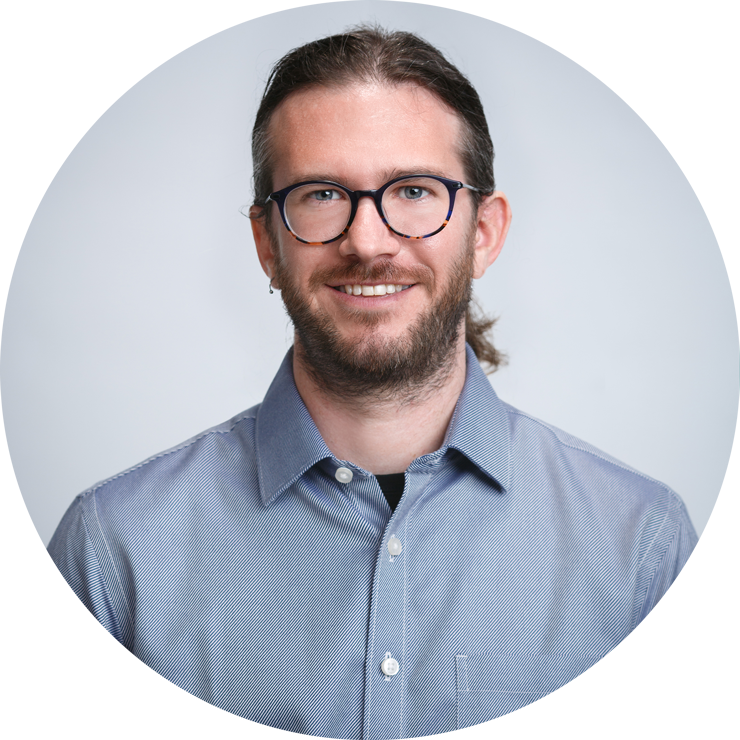Winter months are ordinarily the most difficult mental health time of the year. Cold, short days satisfy only the nocturnal yeti. As human beings, we mostly prefer warmish days, with plenty of sunlight. Humans are also very sociable. We like to be connected to other people and we conform to our social environments. If we’re surrounded by unhappy people, we’ll probably be less happy than if we’re surrounded by sunny optimists.
These days, our social needs are difficult to satisfy. Post-Christmas is often a time of staying home more, seeing fewer friends and family, and perhaps enjoying some solitude or winter activities. Obviously, the pandemic has changed how we can socialize. It also dramatically changed the Christmas holidays.
It’s reasonable to assume that the festive spirit of Christmas, New Year’s, and the surrounding break (for many) helps inoculate us against the cold, darkness of winter.
Having missed much of what makes this time special, I think that we’ll feel a little worse than we’re used to, until the days start to get longer. If we think about how hard this winter has been so far, we’re almost all carrying a significant mental health burden.
In addition to the pandemic, we’re also affected by how other people are doing. Because our sociability makes us conform to our environment, it’s easy to feel unhappy when those around us are not doing well. On a day like today, finding happiness is non-conformity. Not only are we contending with the darkest months of winter and an ongoing pandemic, but good mental health now opposes conformity.
How uplifting, you might be thinking (sarcastically). Or perhaps, thank you so much for telling me that things are actually even harder than I thought.
As an apology, I’d like to offer some possible solutions.
The first is that by recognizing the difficulty of our situation, we can give ourselves a break from self-criticism. Have you been short-tempered, anxious, exhausted, stress-out, or reclusive lately?
Congratulations, it sounds like you’re doing better than most. If you’re not at your best, then you’re doing fantastically well! If you’re struggling with thoughts of self-harm, please reach out to a professional as soon as possible. This is a very, very difficult time and there are lots of resources available (a few of which I’ll add at the end).
Next, by recognizing the effects of conformity, we can help to improve our situation. We can try to find the people in our network who are adapting the best. Connecting with them can help all of us find some happiness. It’s not their advice that we’ll benefit from the most, but their positive energy.
Another place where we seem to be getting stuck is our own tendency to rely on our ability to endure difficult times. It can be very adaptive to simply bear stress, so long as the stress resolves in the near future. Unfortunately, this is not one of those situations. When stress is ongoing, enduring it can be too difficult. We all have our limitations. In times like these, we can adapt, even if we abandon those adaptations when things return to normal.
Finally, the people who appear to be doing the best seem to have had the easiest time adapting. Those who already enjoy winter activities (outdoor sports; enjoying the pleasant appearance of winter; treasuring the coziness of tea, blankets, and a fire) have something to look forward to . Those who already enjoy socializing remotely (online gaming; phone calls; letter writing) seem to also have some advantages.
Even though learning new activities is an annoying challenge, the pressure of this period of time is too great to happily endure. We may need to learn some new skills to take care of ourselves until this is all an unpleasant memory.
If you are in a mental health crisis, please call 9-1-1 or go to the Emergency Room.
If you are in distress, please call the Calgary Distress Centre at 403-266-4357 (HELP).
To contact Access Mental Health (AHS), please call 403-943-1500.
For community/social services information in Alberta, dial 2-1-1.
Article by: Dave Ponak



